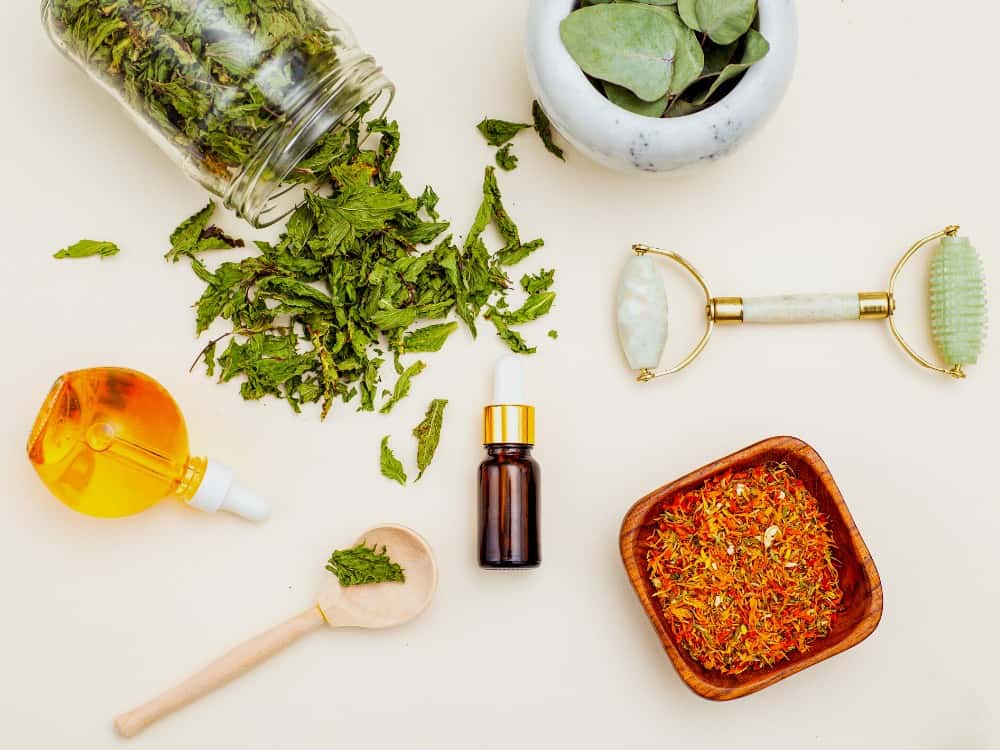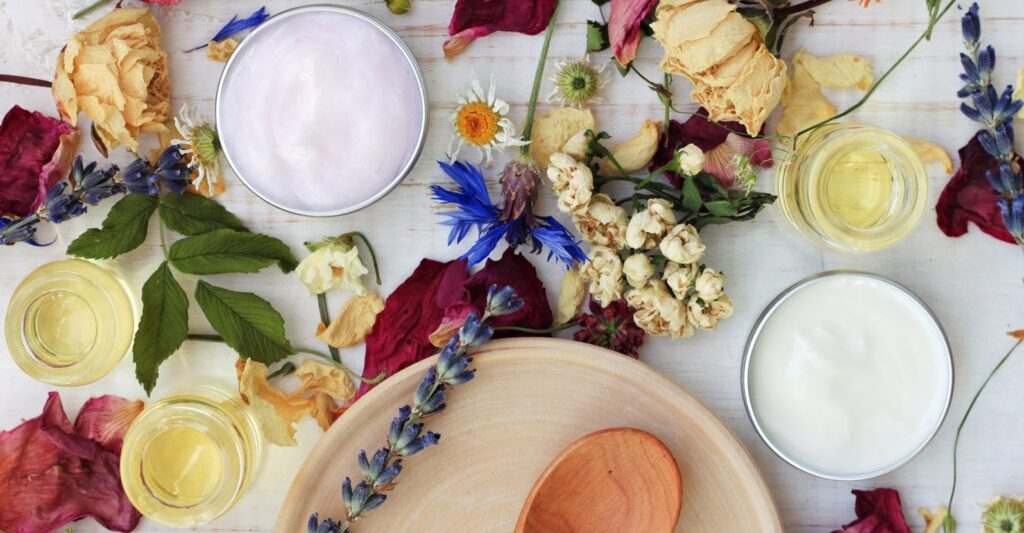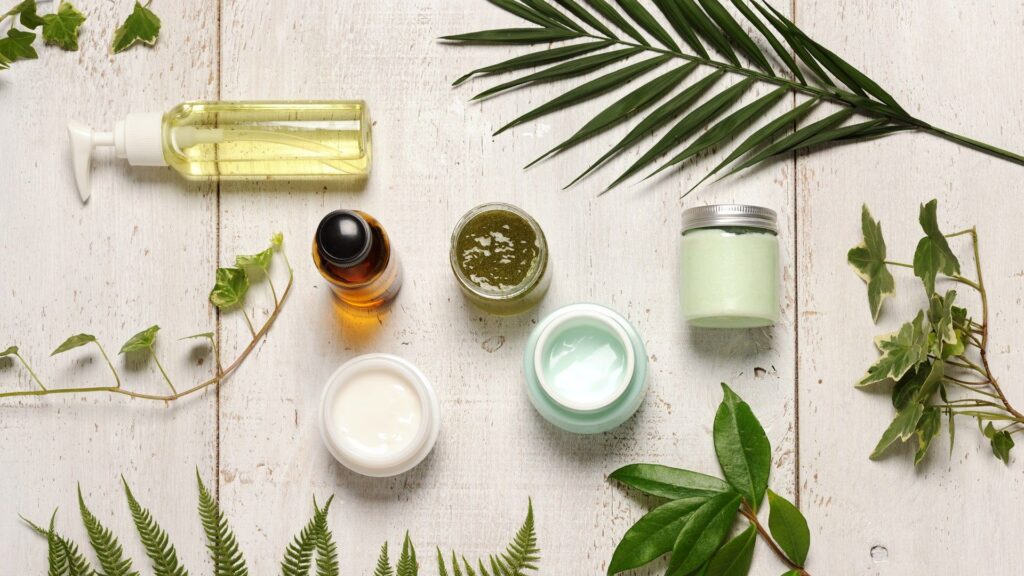
In recent years, there has been a growing awareness and demand for natural and organic beauty products among consumers. People are increasingly seeking out products that not only make them look and feel beautiful but also align with their values of sustainability, environmental consciousness, and overall well-being. This shift has led to a significant transformation in the beauty industry, with brands embracing natural and organic ingredients to offer safer, more wholesome, and effective beauty solutions.
Understanding Natural and Organic Ingredients:
Natural ingredients are derived from plants, minerals, or animals, and they are minimally processed to retain their inherent properties. On the other hand, organic ingredients refer to those cultivated without the use of synthetic chemicals, pesticides, or genetically modified organisms (GMOs). These ingredients are sourced from organic farms and adhere to strict regulations to ensure their purity and environmental sustainability.

The Appeal of Natural and Organic Beauty Products:
- Health-Conscious Choice: Many conventional beauty products contain synthetic chemicals that can potentially harm our skin and overall health. Natural and organic beauty products, free from harmful additives like parabens, sulfates, and phthalates, offer a safer alternative for those with sensitive skin or those looking to minimize exposure to potentially harmful substances.
- Environmental Sustainability: The beauty industry’s reliance on chemical-laden products has taken a toll on the environment, with harmful substances being washed into waterways and damaging ecosystems. Opting for natural and organic beauty products supports sustainable agricultural practices and reduces the environmental impact of beauty routines.
- Holistic Approach to Beauty: Natural and organic beauty products embrace a holistic approach to beauty by working in harmony with the body’s natural processes. They often contain antioxidants, vitamins, and minerals that nourish the skin, enhancing its natural glow and radiance.
- Ethical Sourcing: Brands that prioritize natural and organic ingredients tend to place a strong emphasis on ethical sourcing and fair trade practices. By supporting such brands, consumers contribute to the well-being of farmers and communities involved in the ingredient supply chain.
Natural and Organic Ingredients to Look For:
- Aloe Vera: Known for its soothing and hydrating properties, aloe vera is a popular ingredient in skincare products, especially for sensitive and sunburned skin.
- Coconut Oil: This versatile ingredient is rich in fatty acids that nourish and moisturize the skin and hair, making it a common component in beauty products.
- Green Tea Extract: With its antioxidant and anti-inflammatory properties, green tea extract helps protect the skin from environmental damage and promotes a youthful complexion.
- Jojoba Oil: Suitable for all skin types, jojoba oil closely resembles the skin’s natural oils, making it an excellent moisturizer and makeup remover.
- Shea Butter: A luxurious moisturizer derived from the shea tree, it deeply nourishes the skin and is commonly found in body lotions and creams.
- Essential Oils: Extracted from various plants, essential oils offer a wide range of benefits, from calming the mind to soothing the skin.

Challenges and Considerations:
While natural and organic ingredients offer numerous benefits, the beauty industry faces challenges in terms of sourcing and shelf life. Additionally, some individuals may have allergies to certain natural substances, so it’s crucial to perform patch tests before incorporating new products into their routines.
In conclusion, the shift towards natural and organic beauty products reflects a growing appreciation for the beauty that nature has to offer. Consumers are now making conscious choices to support their well-being, the environment, and ethical practices. By embracing these ingredients, the beauty industry is taking a step forward in providing healthier and more sustainable solutions, elevating the concept of beauty to a higher, more meaningful level.

